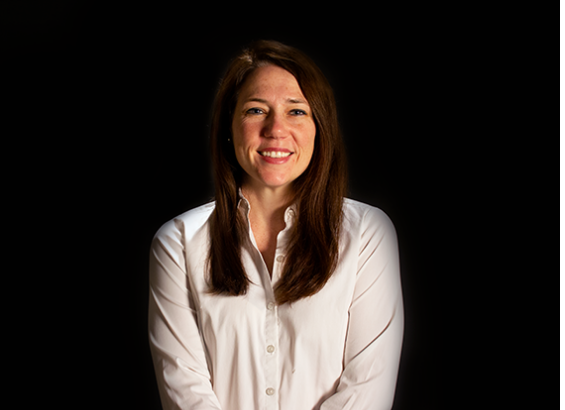
As a graduate student attending the University of Maryland, Dr. Jennifer Vardeman was focused on public relations and never imagined she would one day be a lead researcher in a key women’s health study.
Dr. Vardeman recently received the Research Initiative for Scientific Enhancement (RISE) grant, a monetary resource from the UH College of Liberal Arts and Social Sciences that she will use to research women’s knowledge on pelvic floor disorders. She hopes to gather enough data to apply for a National Institute of Health grant and educate women on such dysfunctions.
“One in three women will get a pelvic floor disorder, which include incontinence and prolapse of the pelvic organs” said Dr. Vardeman. “This is a highly stigmatized issue and many are afraid to talk about it, they think it’s normal. We want to educate them on the symptoms and treatment options, but most of all we want to normalize talking about these issues and let women know they are not alone.”
As a women’s health researcher, Dr. Vardeman is dedicated to helping women prevent these stigmatized disorders that can significantly impair quality of life. She has been working on this project for four years and has presented her research at several conferences, including the American Urogynecologic Society (AUGS) conference.
Dr. Vardeman notes that she embarked on this project alone, but now has a team of 13 individuals, including several doctors from Houston, Seattle, Wash., and Washington D.C., graduate students and advocacy partners. Through the RISE grant, they will research women attending their postpartum appointments and discuss whether they will inquire about pelvic floor disorders with their doctors.
“This grant provides us with seed money to apply to a bigger grant and bring awareness to an underrepresented topic,” added Dr. Vardeman. “We need to educate women across the nation about this issue and let them know they shouldn’t be afraid, but need to be prepared and well informed.”
But her research efforts do not end there.
Recently, Dr. Vardeman was recruited by assistant professor of psychology Luis Medina, who received $2.35 million as part of the National Institute of Health’s Institute of Aging grant, as a co-investigator.
The research project is aimed at increasing health literacy among the Hispanic population in regards to Alzheimer’s. This group is more likely to develop the disease than non-Hispanic white individuals, and are more probable to be diagnosed much later and have less treatment. Dr. Vardeman will be providing some insight into how these health disparities can be reduced through communication strategies.
She notes that she is excited to work on such an important project and hopes to educate the Hispanic communities.
“I am very interested in public health,” said Dr. Vardeman. “I began my career as a public relations practitioner, but through some research projects in graduate school and working with health agencies in the DC area, I got into this fusion between public relations and public health.”
Shortly after receiving her doctorate from the University of Maryland, Dr. Vardeman joined the Jack J. Valenti School of Communication in 2009 as an assistant professor and later became the director of graduate studies.
Throughout her research career, Dr. Vardeman has faced various challenges. She recognizes that women are often scared to talk to a stranger about their health, especially on highly stigmatized problems like pelvic floor disorders.
“Their experiences are extremely valuable and personal, and I honor and respect that,” said Dr. Vardeman. “I always let the participants know that there are no right or wrong answers and I will protect their identity. Their data will never be linked to their name and their answers will remain confidential.”
Dr. Vardeman is happy to have found her passion through a journey of hard work and attending to the advice of mentors. In turn, she advises students to find a mentor and learn from them. She also notes that having an open mind and engaging in different experiences can be very helpful in one’s career.
“I never knew I would be studying pelvic floor disorders,” concluded Dr. Vardeman. “It all began because someone invited me to a meeting they thought I would find interesting. Now I know a lot more about these dysfunctions and can talk about them all day.”